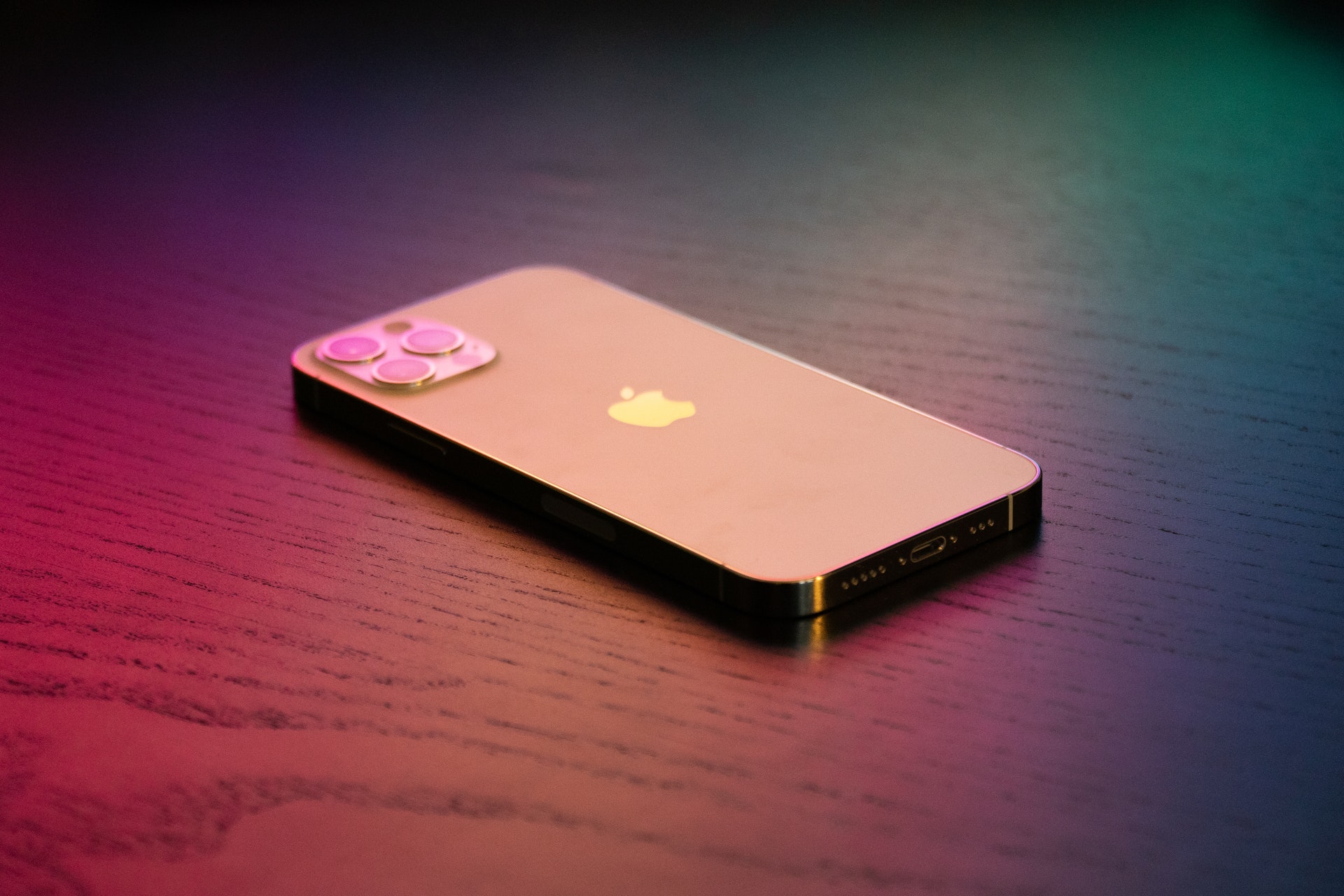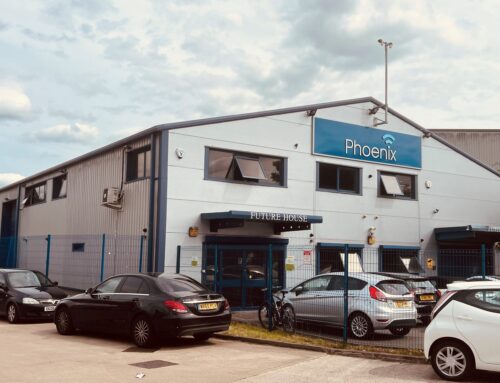The refurbished smartphone market continues to boom as cost and eco-conscious consumers look for alternatives to the expensive and wasteful new device cycle.
Worldwide, sales of refurbished phones grew 4% in 2020 despite the pandemic and are expected to accelerate going forward. For mobile phone retailers, there has never been a better time to start stocking pre-owned phones as demand continues to soar in contrast to a sluggish new device market.
But one thing retailers often have questions about is sourcing refurbished phones. With new smartphones, the supply chain is well-established and straightforward – you work directly with manufacturers or manufacturer-approved wholesale vendors, there are clear warranty agreements in place, you know exactly what you are getting with the product.
But second hand markets in general are less formal and more dispersed. With pre-owned phones, there are more places to buy from, more vendors to suss out whether they are legitimate or not, more grey areas.
So how do you go about sourcing quality products that your customers will love at good prices, and be sure you’re dealing with people you can trust? Here are some common pitfalls to avoid.
Avoid sellers insisting on cash-only sales
Nothing beats doing some thorough due diligence before you sign off on a purchase to buy a job lot of phones from someone. It’s the only way to make sure you are buying from someone reputable. But a good indicator that all is not what it should be is if the vendor insists on selling refurbished phones cash only. This suggests that they want to avoid sales records and you could be buying stolen goods.
Take care with older models
One of the big things to watch out for with refurbished phones is manufacturers’ end of software support. A smartphone for which there are no more updates available quickly becomes susceptible to malware. Not only are consumers becoming increasingly aware of this issue and choosing not to buy refurbished models more than four or five years old, but selling older phones to unsuspecting customers who then get all their data hacked does not play out well with your reputation.
Don’t accept ungraded phones
Grading is a widely accepted convention that second-hand phone wholesalers and vendors use to declare the physical condition of the products they sell. Grading formalises what otherwise comes down to a matter of opinion – a vendor’s idea of ‘pristine’ might be very different to yours. Buying a graded phone tells you exactly what you can expect when you receive the devices, and gives you recourse if they don’t match the description.
Watch out for VAT overpayments
Anyone selling second hand goods, refurbished phones included, does not have to pay ‘full’ VAT on the value of the product sold. Instead, you are entitled to only pay VAT on the margin you make selling each item, and at a reduced rate. However, as a retailer, you can only claim to pay marginal VAT if the vendor you bought off has also paid the reduced rate. If you buy off someone who has paid the full rate of VAT, for example because they bought the phone from a commercial client, you will have to pay the higher rate too.
What you should do instead
Fortunately, the second-hand phone market has changed a lot in recent years. There’s no longer any need to take your chances buying stock off dodgy corners or the internet or out the back of someone’s boot – there is now a highly effective and growing formal wholesale market specialising in high quality refurbished phones with the scale and capability to meet all your needs. Phoenix Cellular is the biggest such operator in the UK, so get in touch with us to find out more.



